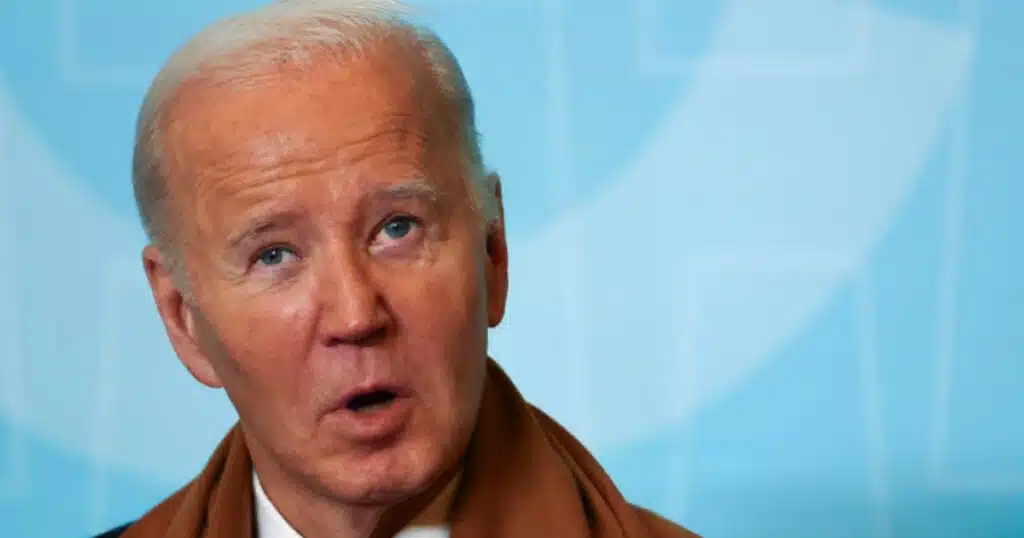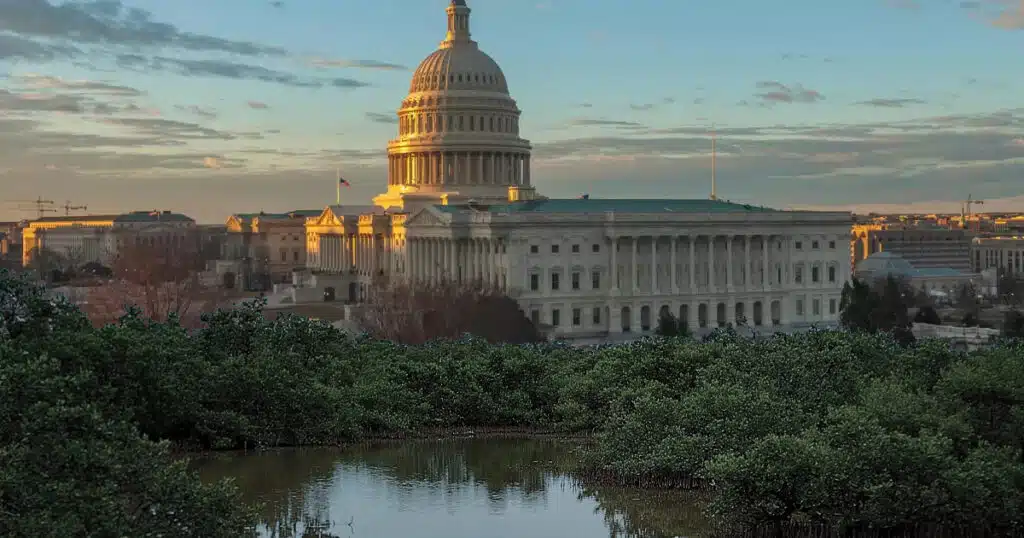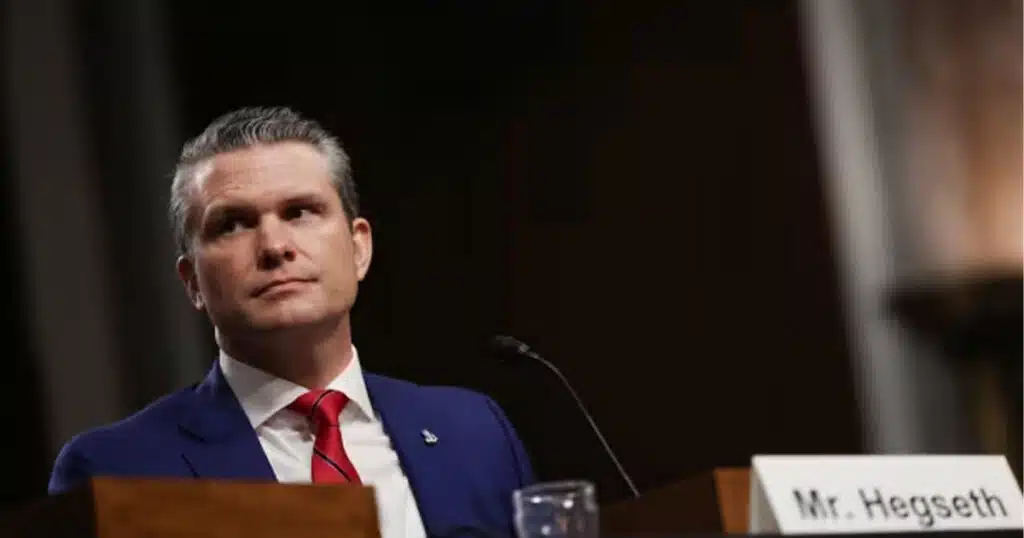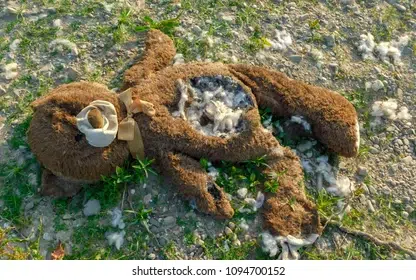
Emails: Biden Demanded CIA Coverup of Embarrassing Ukraine Intelligence
At the specific request of then-Vice President Joe Biden, the CIA buried an embarrassing intelligence report detailing the poor view the Ukrainian government took of his diplomatic efforts and the business dealings of his own family in that country.
Biden had traveled to Kyiv in December 2015, ostensibly to meet with leaders of that fledgling democracy and to deliver a warning against “the cancer of corruption.” And during an address to the Ukrainian parliament, he did condemn the “pervasive poison of cronyism, corruption, and kleptocracy.”
But behind the scenes, Ukrainian officials expressed “bewilderment and disappointment” that the vice president had crossed the Atlantic “almost exclusively to deliver a generic speech.” Officials close to then-President Petro Poroshenko had hoped for guidance “in support of or against specific officials within the Ukrainian government.” They discovered instead that Biden “had no intention of discussing substantive matters.”
After Biden returned stateside, members of the Poroshenko administration “privately mused” at how American media treated “the alleged ties” of his family “to corrupt business practices in Ukraine.” It was, in their minds, “evidence of a double standard within the United States Government towards matters of corruption and political power.”
Such was the blunt determination of a 2016 report prepared by the CIA and reviewed by RealClearPolitics. It would have been a humiliating assessment for Biden, whom President Obama had entrusted with all things Ukraine. So the vice president and his team killed it.
In an email sent to the CIA on Feb. 10, 2016, an individual in the office of the Director of National Intelligence wrote, “I just spoke with VP/NSA and he would strongly prefer the report not/not [sic] be disseminated,” a reference to Biden and to Colin Kahl, who served as his national security advisor.
“Thanks for understanding,” concluded an individual responsible for delivering the president’s daily brief, a summary of intelligence and analysis presented in the Oval Office each morning.
The buried report and the accompanying correspondence from Biden’s team are only now coming to light. They are the latest tranche of documents declassified by CIA Director John Ratcliffe as the Trump administration continues its review of how intelligence is collected and reported.
The documents themselves are heavily redacted, and according to a senior CIA official, only recently discovered. “We believe that transparency is important,” the official said when RCP asked about the motivation for the release of the documents. The individual stressed also that “whenever possible” the agency “will release information to help serve the public interest in avoiding any future weaponization or politicization of the intelligence community.”
After-action reports are not uncommon, and administrations regularly seek additional information to gauge the effectiveness of their diplomatic efforts. What is striking, however, is that a member of the intelligence community sought to clear a report with Biden and his team before presenting the information to the president. In a reference to the office of the vice president, the subject of the email reads “OVP query regarding draft.”
It is not clear whether the information ultimately made its way to Obama. Analysts at the CIA have since reviewed the draft report and determined, according to the official, that the report would have been beneficial to the U.S. policymakers in their dealings with the Ukrainian government – “this was information of intelligence value.”
Even at that time, the foreign business dealings of the Biden family were no secret. In a writeup of the trip, the New York Times reported that “the credibility of the vice president’s anticorruption message may have been undermined by the association of his son, Hunter Biden, with one of Ukraine’s largest natural gas companies, Burisma Holdings.” The Times noted in a Dec. 15, 2015, editorial, “This is not a board he should be sitting on.”
The same message was ricocheting around the West Wing among Obama officials alarmed by the blasé attitude the Biden family was taking to their global business portfolio. Multiple officials raised the alarm in the Obama White House about Hunter Biden’s position with Burisma, including George Kent, U.S. deputy chief of mission to Ukraine. He worried that it created the appearance of impropriety and undermined the American anti-corruption message.
Kent later testified before Congress that he brought his concerns directly to Biden’s team. He was told that the vice president’s eldest son, Beau, was dying of cancer “and there was no further bandwidth to deal with family-related issues.”
It would later become the thrust of President Trump’s attack on Biden during the 2020 campaign, thanks in large part to Biden’s own boasting. Between his exit from office and his bid for the White House, Biden bragged about withholding aid to Ukraine if Poroshenko did not fire Victor Shokin, the country’s prosecutor general.
Republicans alleged that Biden wanted Shokin axed to avoid an investigation into Burisma. Democrats responded that the Ukrainian prosecutor was himself corrupt and slow-walking investigations.
Regardless, Biden implied that he had strong-armed the Ukrainians into that good-government reform during an appearance at the Council on Foreign Relations in 2019. The international organization had been pressing Ukraine to remove Shokin from office over corruption allegations. In the former vice president’s telling, he was the one willing to play hard ball.
“‘I’m going to be leaving here in six hours,’” Biden would recall telling Poroshenko. “‘If the prosecutor is not fired, you’re not getting the money.’ Well, son of a bitch, he got fired.”
Shokin was not removed by the Ukrainian parliament until March of 2016. If Biden did pressure Poroshenko to give him the boot during his trip the year before, the CIA did not pick up on chatter that the message had been received. But his overtures to Ukraine continued.
On Feb. 11, 2016, the day after his office spiked the intelligence report, Biden put in a call to Poroshenko. According to a readout released by the White House, the two men agreed “that it is essential for Ukraine to continue to take action to root out corruption and implement reforms.”
This article was originally published by RealClearPolitics and made available via RealClearWire.



